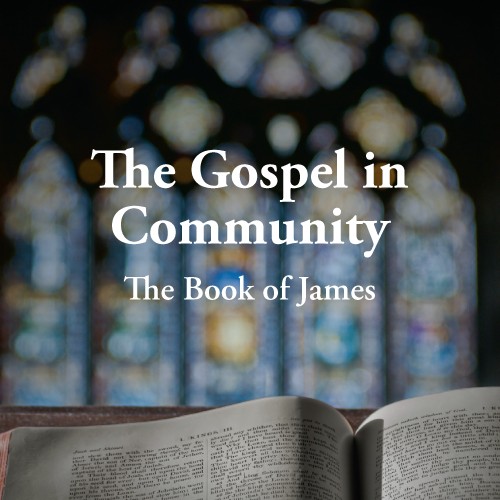Sermon
Blessed Self-Forgetfulness
By Tim Keller

Tim Keller | December 6, 2009
The book of James is a practical book. James, unlike Paul, doesn’t so much break the gospel apart to show you what it is; James assumes the gospel and shows you what your life will look like if you believe it.
Today, we’re going to see 1) what kind of community you ought to be, 2) why you ought to be it, and 3) how we can become that kind of community.